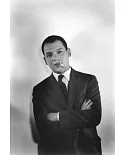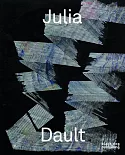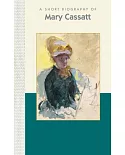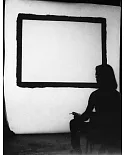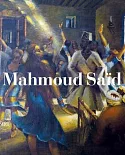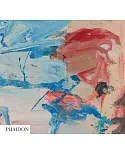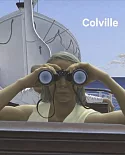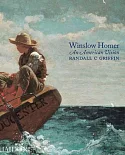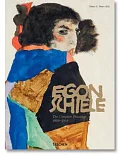Lucian Freud is widely regarded as one of the greatest living artists, and drawing is fundamental to his development as an artist and to how he sees. Speaking recently about his early years he
claimed, "I would have thought I did 200 drawings to every painting in those early days. I very much prided myself on my drawing." Drawing became an important part of Freud’s life from the
start and a famous sketchbook, The Freud-Schuster Book, has survived dating back to January 1940, when Freud was in Snowdonia with Stephen Spender, as do sketches from Freud’s life as a
merchant seaman on a cargo vessel in the Atlantic in 1941. His then surreal style lent itself to illustrations and his fascination with animals, birds, and fish was revealed in the famous line
drawings he produced for Nicholas Moore’s book of poems, The Glass Tower (1944). This volume charts Freud’s work on paper, including the etchings, over his entire career. It includes the
formative early work, the sketches in preparation for painting his masterpiece, Large Interior W11 (after Watteau) (1983), the sketches of the completed painting in the studio and the
astonishing later studies of his mother. The book ends with the etchings of recent years. The works on paper are an extraordinary achievement, providing even deeper insights into the work of
perhaps the greatest figurative artist of our time.


